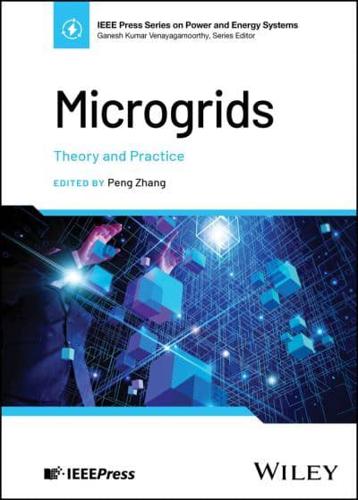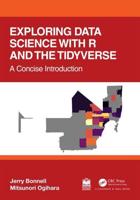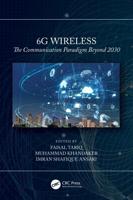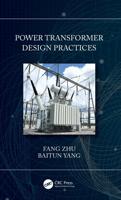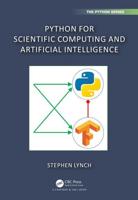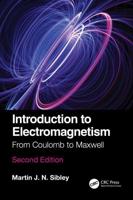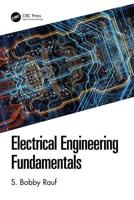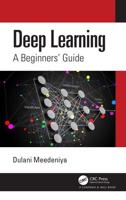Publisher's Synopsis
Microgrids
Understand microgrids and networked microgrid systems
Microgrids are interconnected groups of energy sources that operate together, capable of connecting with a larger grid or operating independently as needed and network conditions require. They can be valuable sources of energy for geographically circumscribed areas with highly targeted energy needs, and for remote or rural areas where continuous connection with a larger grid is difficult. Microgrids' controllability makes them especially effective at incorporating renewable energy sources.
Microgrids: Theory and Practice introduces readers to the analysis, design, and operation of microgrids and larger networked systems that integrate them. It brings to bear both cutting-edge research into microgrid technology and years of industry experience in designing and operating microgrids. Its discussions of core subjects such as microgrid modeling, control, and optimization make it an essential short treatment, valuable for both academic and industrial study. Readers will acquire the skills needed to address existing problems and meet new ones as this crucial area of power engineering develops.
Microgrids: Theory and Practice also features:
- Incorporation of new cyber-physical system technologies for enabling microgrids as resiliency resources
- Theoretical treatment of a wide range of subjects including smart programmable microgrids, distributed and asynchronous optimization for microgrid dispatch, and AI-assisted microgrid protection
- Practical discussion of real-time microgrids simulations, hybrid microgrid design, transition to renewable microgrid networks, and more
Microgrids: Theory and Practice is ideal as a textbook for graduate and advanced undergraduate courses in power engineering programs, and a valuable reference for power industry professionals looking to address the challenges posed by microgrids in their work.
